My wife Diana and I moved from Washington State to Colorado Springs in 2012 so we could be closer to our grandchildren, all of whom were then in Colorado. At that time, I was just finishing up a post-retirement degree program that had resulted in my introduction to several new friends in Burma (Myanmar).
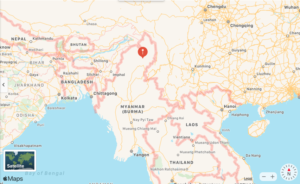
I had started traveling there in 2009 to teach on how our faith and our work intersect. Over the years I have traveled to Burma about 25 – 30 times and have become involved with local NGO’s, teaching biblical business principles and engaging is some economic development activities.
Read more about Steve’s experience in Myanmar.
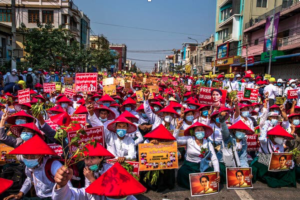
The predominately Buddhist country of Burma was a British colony made up of a collection of kingdoms until 1948. Since that time, governance has been an odd mixture of central control with a number of somewhat autonomous areas ruled by a multitude of ethnic militia.
The military took over the central government in 1963 and ruled rather harshly until 2010 when a new (military-drafted) constitution went into effect. A parliamentary government was elected, but the military retained ultimate control, and had given themselves the constitutional authority to take over again if they declared conditions warranted such action.
Following the most recent election in November of last year, the Buddhist military leaders (non-Buddhists have not been allowed to serve in the military or police since 1995) expressed concern that the process was flawed, resulting in the military party losing several more seats in parliament.
After unsuccessfully trying to reach an agreement with the winning party (the National League for Democracy, led by Ms. Aung San Suu Kyi), the military decided to take back control of the government in a coup on February 1st of this year.
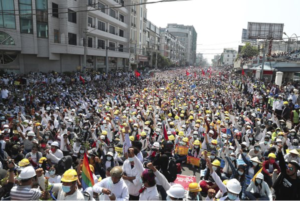
Many elected leaders of the National League for Democracy were arrested in the pre-dawn hours of the day the new parliament was to take their seats, along with others that the military thought could stir up trouble.
The reaction of the people was almost immediate – with the younger generation in particular taking to the streets in a civil disobedience movement. Cities and towns throughout the country joined in with government workers (transportation, healthcare, teachers, administration, etc.) leading the way.
Initially, the response of the military and police was measured and mostly non-assertive. As the protests continued on over the next couple of weeks however, the military began to get more and more forceful.
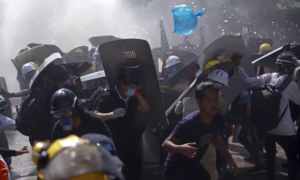
It started with the use of water cannons, tear gas and rubber bullets, but has progressed to more harmful means including senseless beatings, destruction of personal property and live ammunition.
A friend who lives in the largest city of Yangon (formerly Rangoon) told me that superstition plays a large part in decision-making by the military leaders.
The acting head of government, General Min Aung Hlaing, sought advice from a monk who told him that since his name begins with the letter ‘M’, in order to be successful, his soldiers need to shoot people in cities whose name begins in ‘M’.
The capitol of Kachin State is Myitkyina, and true to the advice of the monk, several people have been shot there in recent days. At least two have died of their wounds. In the face of the increasing pressure, the participants in the civil disobedience movement have remained amazingly pacifist.
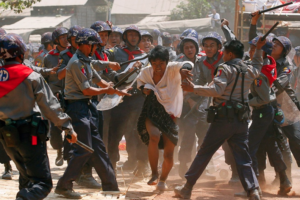
The extent of the economic crisis is deepening along with increasingly harsh military and police response to participants in the Civil Disobedience Movement.
There is no viable means to project how long the current crisis will last.
In fact, friends tell me that the prevailing attitude is that now the movement has begun they are committed to continuing until they have brought an end to the recently imposed military rule. They have a saying that applies to both the military and the civilians; once you have jumped on the back of the tiger, you must hang on.
Since much of my involvement has centered on the people of Kachin State, an arrangement has been worked out with a group called the Free Burma Rangers to transfer money to trusted friends there.
The method of transfer has now been tested, and the funds have been used to purchase large bags of rice, cooking oil, onions, garlic, tomatoes and potatoes. Those supplies, along with a small amount of cash will be delivered to families in need, many of whom have been living on watery rice soup.
If you are interested in receiving occasional updates about the situation in Burma and how you can be praying, contact Steve.
For the month of March and April, any donations towards the Refugee Support designated giving account will go towards food and relief in Myanmar. If you would like to give, you can do so here, and select ‘Refugee Support’ from the dropdown.
Update: The team in Kachin State was able to distribute food supplies to an additional 30 households on March 15th. We’re planning to serve an additional 15 families this week!

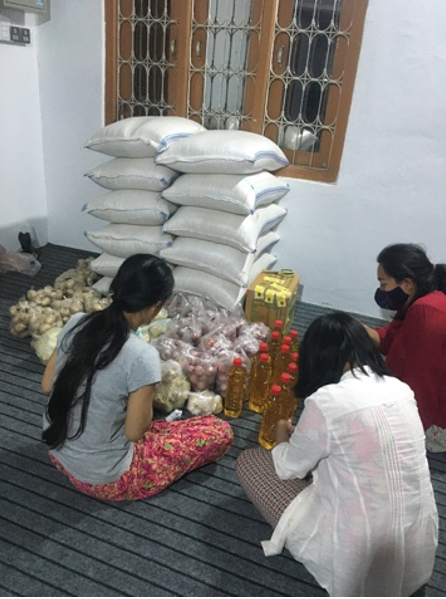
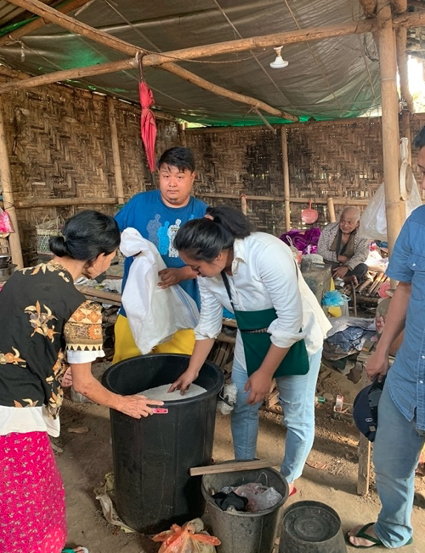
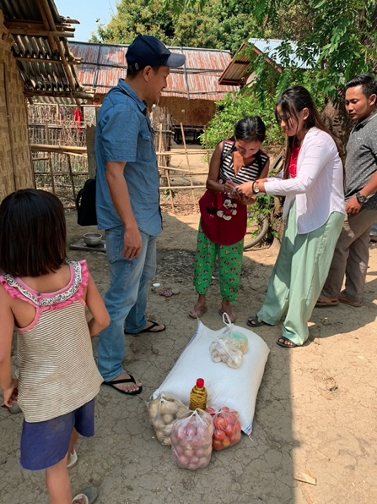
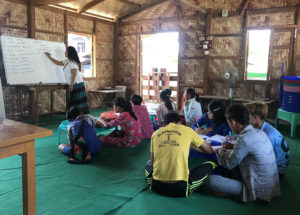
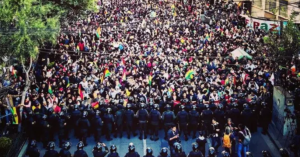
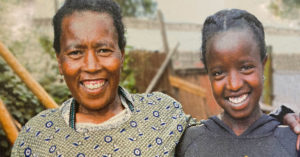
2 thoughts on “How You Can Help Families in Myanmar”